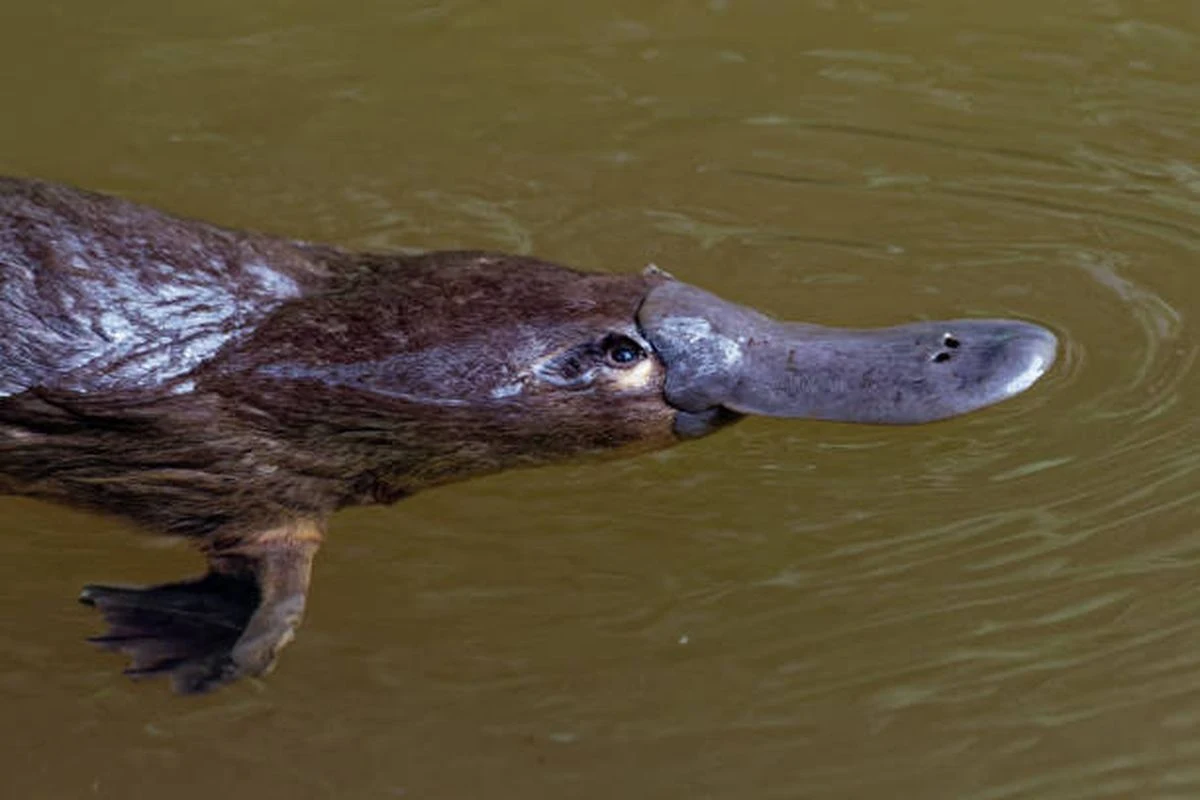 |
| (iStockPhoto/phototrip) |
NEWSLINE PAPER,- Platipus is often called a weird animal. How else, they look like a combination of ducks and beetles.
But that's just one of the weirdnesses that these animals possess.
Looking at the inside of the platypus, they didn't have a stomach.
Quoting IFL Science, the stomach is a long-standing feature in the history of vertebrates, believed to have first evolved in the form of a stomach gland about 450 million years ago.
But just because something's been around for a long time doesn't mean it has to stay.
Many vertebrates no longer have these organs, including the platypus.
Platipus is a good example of how stomach loss usually goes hand in hand with the loss of genes associated with it, so it's very difficult to have that organ back.
A study in 2008 revealed that many key genes associated with stomach function have become inactive, or disappeared at all from the platipus genome.
This marks an interesting addition to what scientists know about vertebrate evolution.
"All these genes are highly preserved in vertebrates, reflecting unique evolutionary patterns in the platipus genome that were previously not seen in other mammal genome," the authors wrote.
Actually, there's still a debate, whether it's a guarantee that a creature who loses a trait will also lose a gene associated with it.
For example, Mexican tetra fish that live in caves, they don't have eyes but still have genes to develop eyes.
But according to the researchers, in many animals that lost their stomachs, the genes associated with the actual stomach have been exposed.
Filipe Castro and his colleagues compared the genome of 14 vertebrate species, including humans, mice, and zebra fish, to test their hypothesis that the loss of the stomach through evolution correlates with the disappearance of the main genes of the gastric.
While doing that, they found that those who didn't have a stomach all lost the genes that encode the gastric proton pump.
Source : IFL Science
